


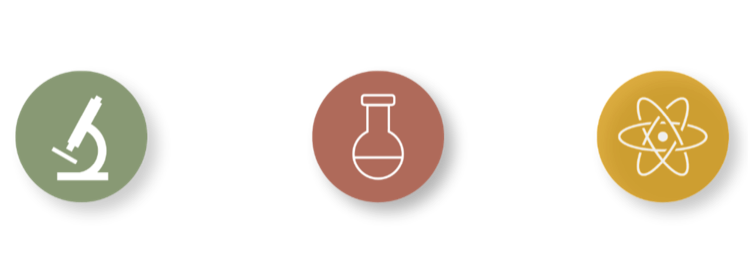
THREE SCIENCES
ONE OLYMPIAD
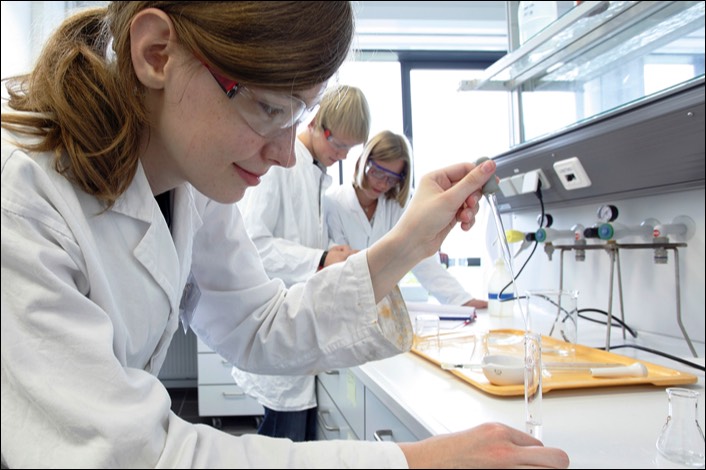
What?
The EOES (European Olympiad of Experimental Science) is an annually recurring science olympiad for young people from the European Union, organised by a member country of EOES NPO.
More than 20 countries each send two teams of three participants. These teams have to carry out two assignments, with an emphasis on skills in the subjects biology, chemistry and physics.
In this contest, team spirit takes precedence over individual performance.
Aim?
The aim of the contest is to give students the opportunity to feel like 'real' researchers and to measure their scientific skills against those of the other participants.
In university or high school labs they have to investigate a certain phenomenon in an interdisciplinary way through various experiments.
This phenomenon itself does not necessarily belong to the curriculum of secondary education. It often links up with ongoing scientific research.
Bonus?
The EOES offers participants the opportunity to exchange experiences and discuss educational structures in their country.
Lifelong friendships are often forged during the Olympiad and form the foundation of an important European scientific network.
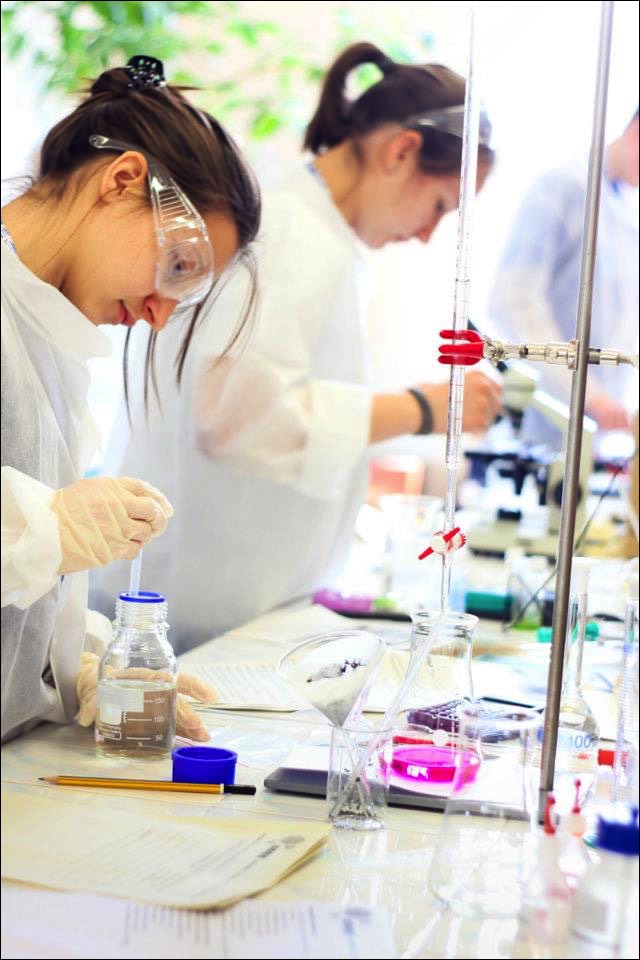
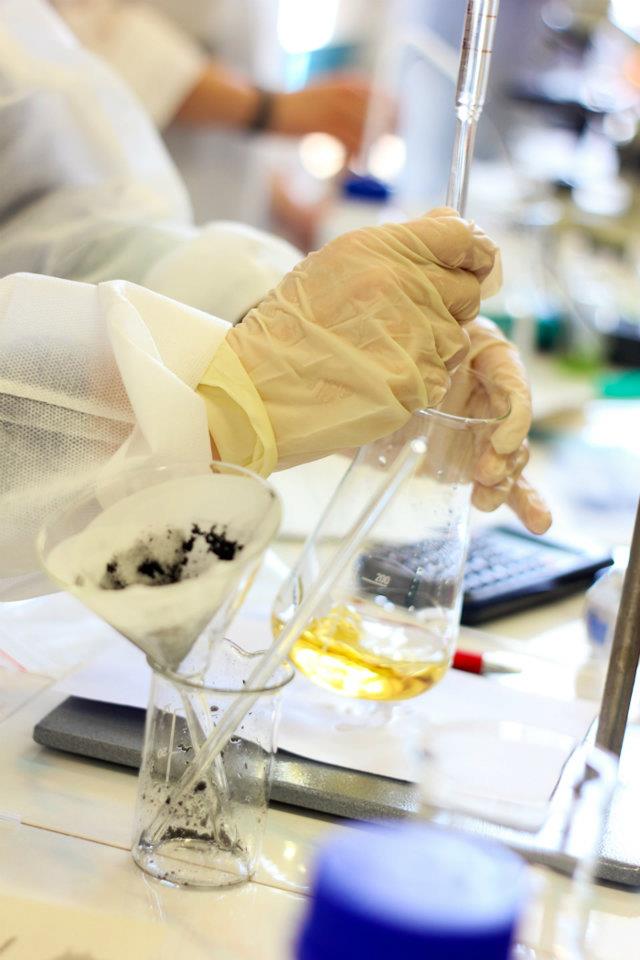
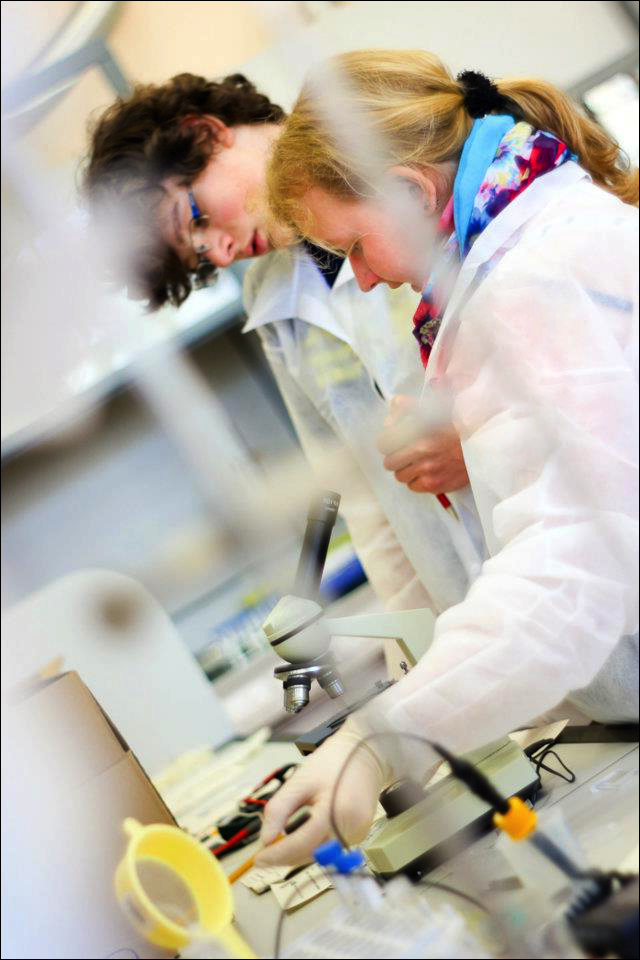
Something for you?
We are sure about that! But just as a participant in the Olympic Games must meet a series of selection criteria, you too must go through a selection procedure and meet the following conditions:

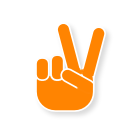
The Olympiad week
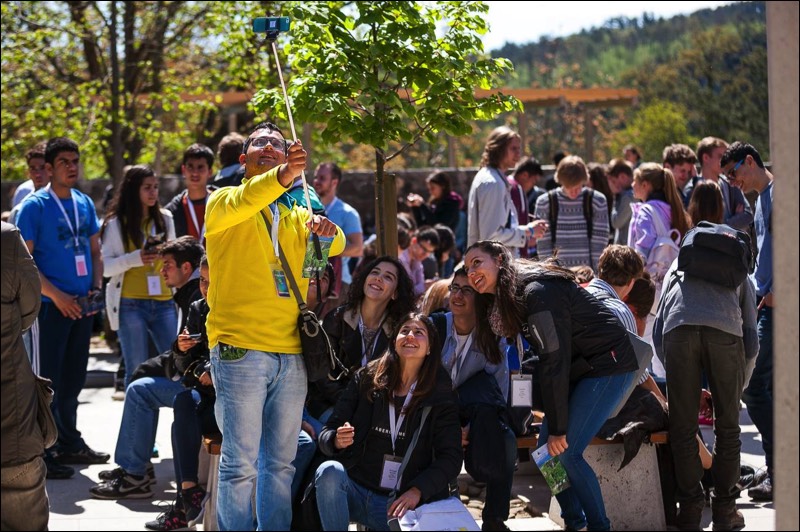
The actual contest
You are expected to be able to process this text quickly and interpret it accurately.
Then you go to work. Within the team, division of tasks, team spirit and organization are essential to bring the assignments to a successful conclusion.
The emphasis of this Olympiad is not so much on theoretical knowledge (though this is important too), but rather on skills such as accurately
- processing information,
- manipulating equipment,
- performing and recording measurements.
You are expected to be able to process measurements arithmetically and graphically, see relationships, interpret graphs and make decisions. All this in a time span of 4 hours.
Setbacks in experiments are also part of this. This is how you experience what it is like to be a real scientist ...
About us
The contest
Countries
News
Media
Legal info
1, Rue du Lycée
L-8508 Redange/Alert
E-mail: info@eoes.science
Phone: +352 26 62 32 200